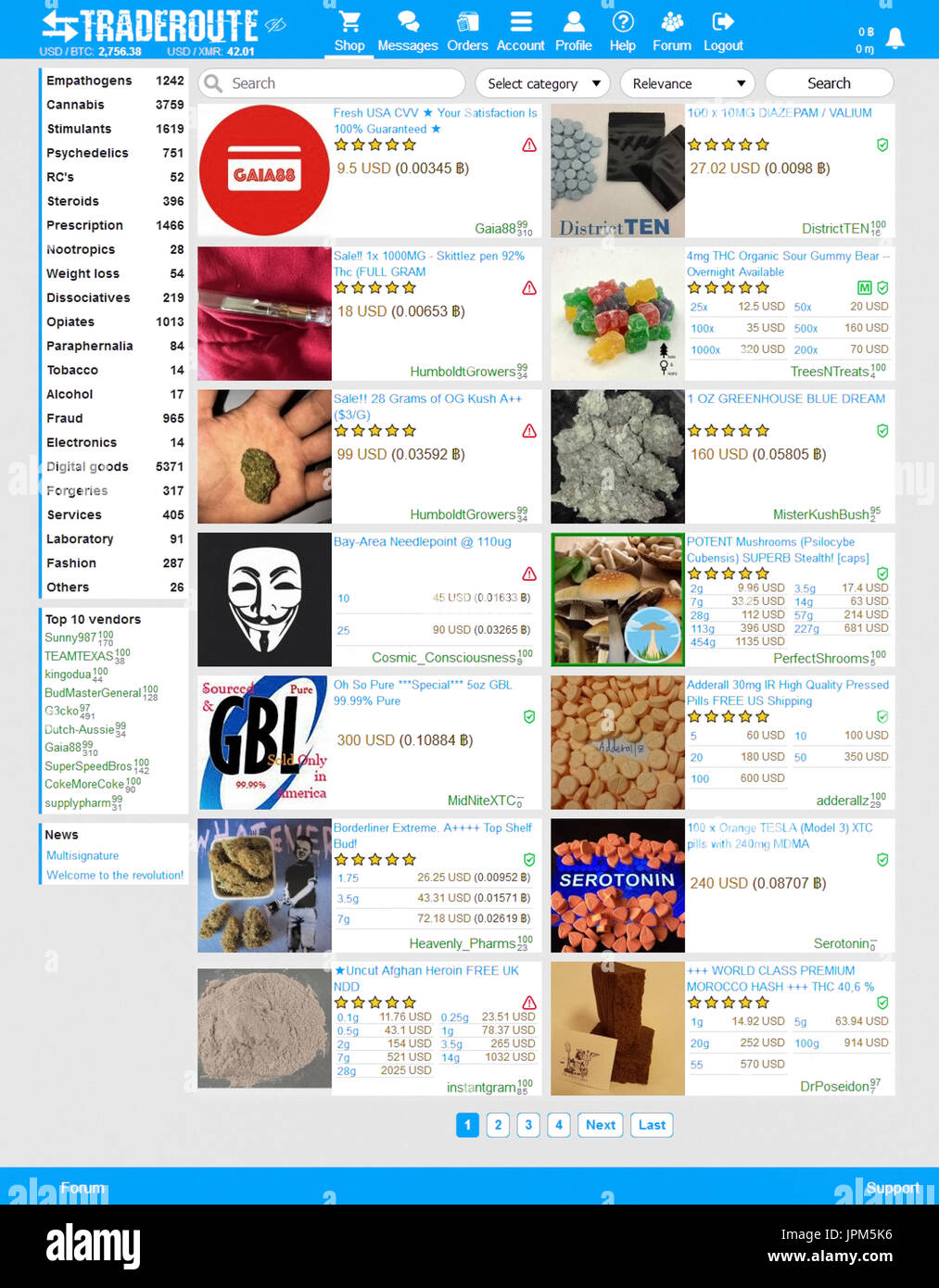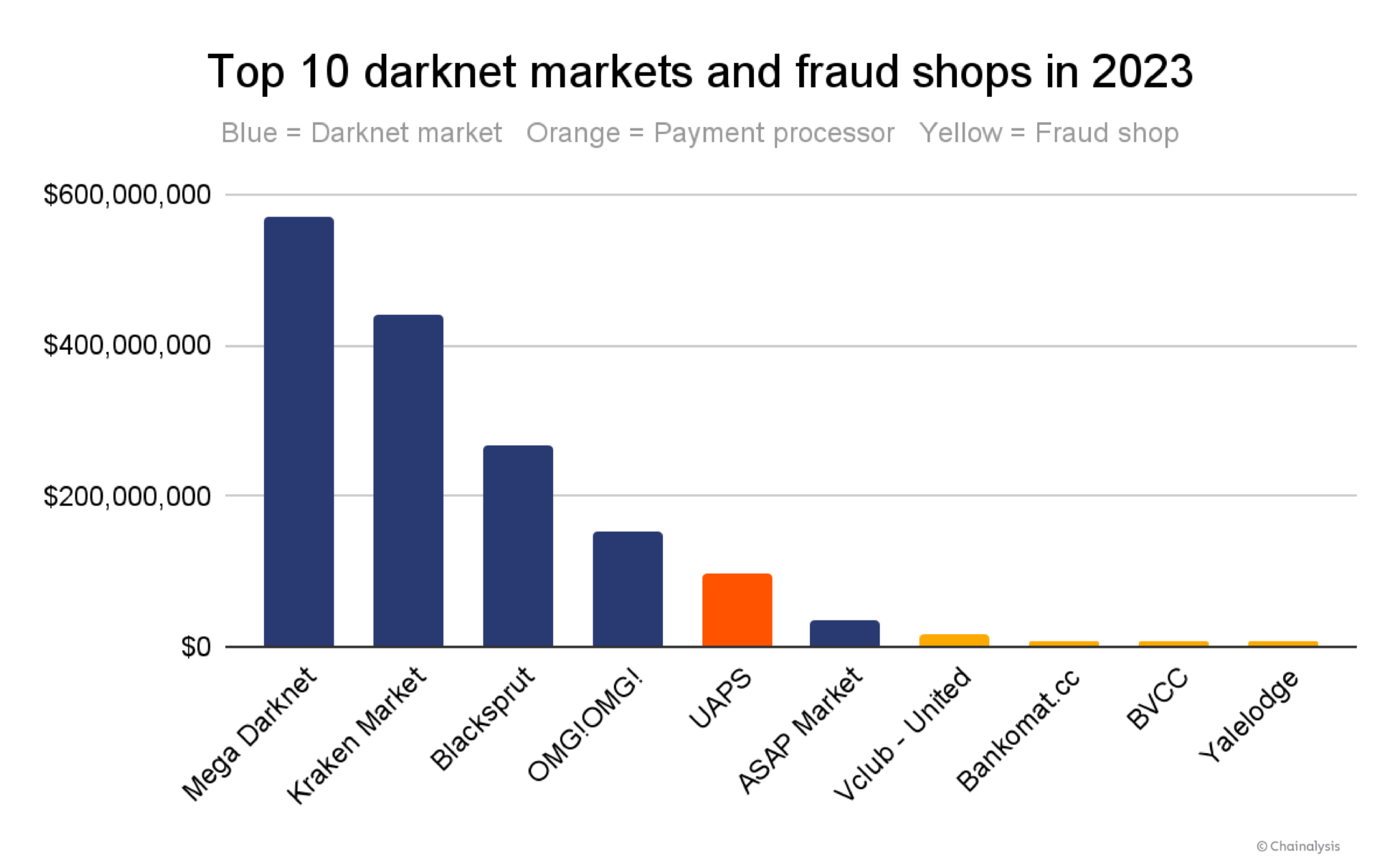In recent years, the dark web has captured the imagination of a vast audience, becoming a topic of fascination in both mainstream media and media narratives. Often portrayed as a shadowy underworld filled with criminal enterprises, the darknet hosts a variety of marketplaces that operate independently of standard oversight. These markets provide a arena for exchanging goods and services that would typically be considered prohibited, ranging from illegal substances and arms to compromised data and fake currency.
As we delve into the enigmatic world of hidden internet marketplaces, it is crucial to comprehend not only the nature of the transactions happening but also the underlying structures that support them. Hidden behind layers of coding and secrecy, these platforms thrive in the background, challenging law enforcement and conventional enterprises alike. By examining the mechanics of these platforms, we can begin to untangle the complex web of incentives, risks, and benefits that define the dark web's singular marketplace.
Grasping the Dark Web Ecosystem
The hidden web is a section of the internet that is not really indexed by traditional search engines, thereby creating it a concealed area for many individuals. This section of the web operates on overlay networks that require certain software, such as Tor, to reach. In this hidden environment, privacy is crucial, allowing users to conduct activities that span from the harmless to the illicit. The dark web serves as a platform for multiple goods and services, catering to a diverse user base seeking discretion and discretion.
Within the deep web, trading platforms thrive, offering all sorts from forbidden drugs to stolen data and cyber services. These platforms vary in intricacy, with some functioning like conventional e-commerce websites, including reviews and vendor ratings. The trades typically leverage cryptocurrencies to further enhance anonymity and protection for both purchasers and vendors. This creates an atmosphere where trust mechanisms rely heavily on user engagements rather than centralized regulations or supervision.
Another crucial aspect of the deep web ecosystem is the role of forums and groups. These platforms are typically designed for exchanging information, insights, and advice related to deep web activities. Individuals can disperse knowledge about moving through markets, safety protocols, and preserving anonymity. This linkage fosters a sense of community, making it easier for novices to participate and find their role while simultaneously expanding the market reach and influence.
Anatomy of Underground Markets

Underground markets are concealed sites on the deep web where individuals can exchange items and services, often involving unlawful activities. These platforms typically operate using anonymity-preserving technologies like The Onion Router, which obscures individuals' names and whereabouts. Buyers and vendors participate through pseudonymous profiles, creating an atmosphere that is both alluring and perilous. The transactions are primarily executed using digital currencies to enhance secrecy and reduce the chance of tracking funds.
The layout of underground marketplaces usually resembles that of traditional online shopping platforms, showcasing sections for various offerings ranging from narcotics and forged papers to hacking services and illegally obtained data. Each item entry often includes user feedback, images, and detailed information. This degree of consumer feedback fosters confidence within a community where reliability can otherwise be hard to find. In addition, many of these platforms offer holding options that retain funds until clients confirm receipt of their purchases, adding a level of security to the transaction.
The fluid character of underground marketplaces is influenced by law enforcement efforts and in-house market shifts. Some marketplaces may prosper for years before facing takedowns or scams that cause them to fold. New entrants constantly appear, seeking to occupy the gap left by fallen entities. Developments and changes within these platforms keep participants involved, as vendors find creative ways to evade detection while responding to the unquenchable demand for illicit goods and services.
Risks and Moral Implications
Interacting with darkweb platforms presents significant risks to individuals, both digital and personal. The secrecy that these platforms offer can easily turn into a double-edged sword. Users face exposure to frauds, as numerous vendors may not deliver promised goods, leaving buyers vulnerable to monetary loss. Furthermore, there is the persistent risk of authorities monitoring these platforms. Even casual browsing can lead to unintended legal repercussions, putting people at risk of criminal prosecution, especially in jurisdictions with strict drug-related and anti-trafficking laws.
Beyond personal risks, there are wider moral consequences associated with darkweb platforms. These platforms often facilitate the exchange of illicit goods and services, including drugs, weapons, and stolen information, contributing to a range of community issues. This not only threatens participants who participate but also impacts localities through increased crime rates and healthcare issues. The ethical debate surrounding the darkweb raises concerns about the equilibrium between confidentiality, free speech, and the possible for harm, positioning these platforms within a complex moral landscape.
Moreover, the darkweb can serve as a sanctuary for illegal activities, which raises serious challenges for law enforcement and regulators. darknet drug market The secrecy provided by these marketplaces complicates the enforcement of regulations designed to safeguard society from dangerous goods and services. As darkweb platforms continue to change, the need for robust legislative frameworks and ethical considerations becomes increasingly urgent, prompting ongoing debates about how to address these issues while upholding personal freedoms and freedoms.

